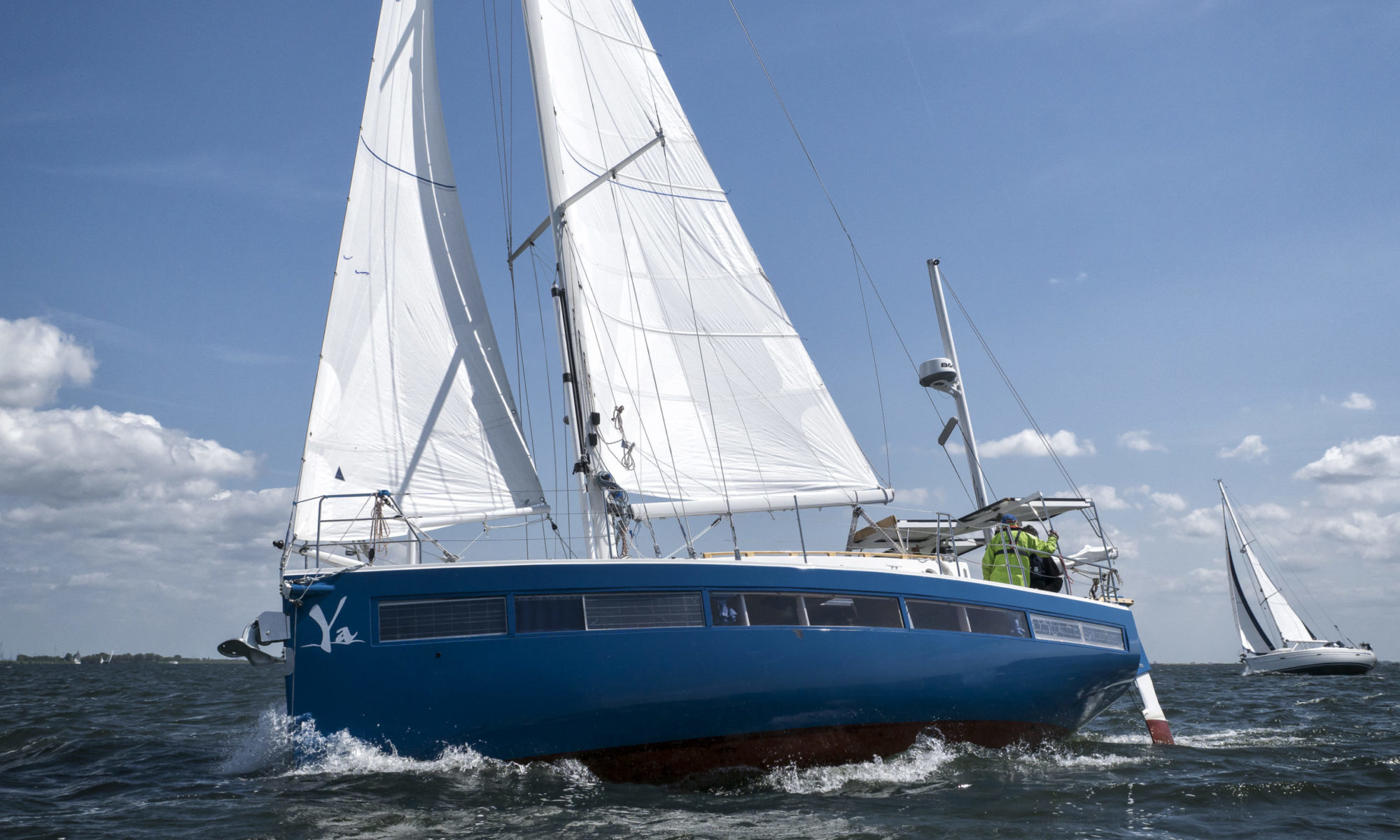The Netherlands is bubbling with all kinds of sustainable initiatives. For example, in Rotterdam, a group of five enthusiastic volunteers has now filled 5 rooftops in the neighborhood with solar-panels; each rooftop delivers from 38.000 to 71.000 kWh per year. The rooftops were not theirs, they had no money, but they managed.
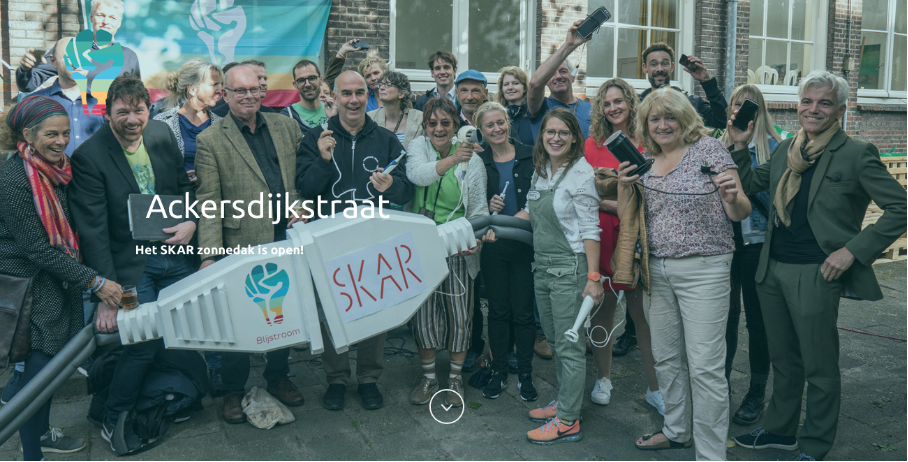
How?
Well, in the north of Rotterdam there are lots of flat roofs, mainly apartment buildings, schools and some companies. For households, small enterprises and schoolboards it’s usually too big an investment budget to buy the solar-panels, or there are administrative issues etcetera. The volunteers fix those problems by using their head, and by using the power of the collective. They call it ‘Blijstroom’ (happy electricity)
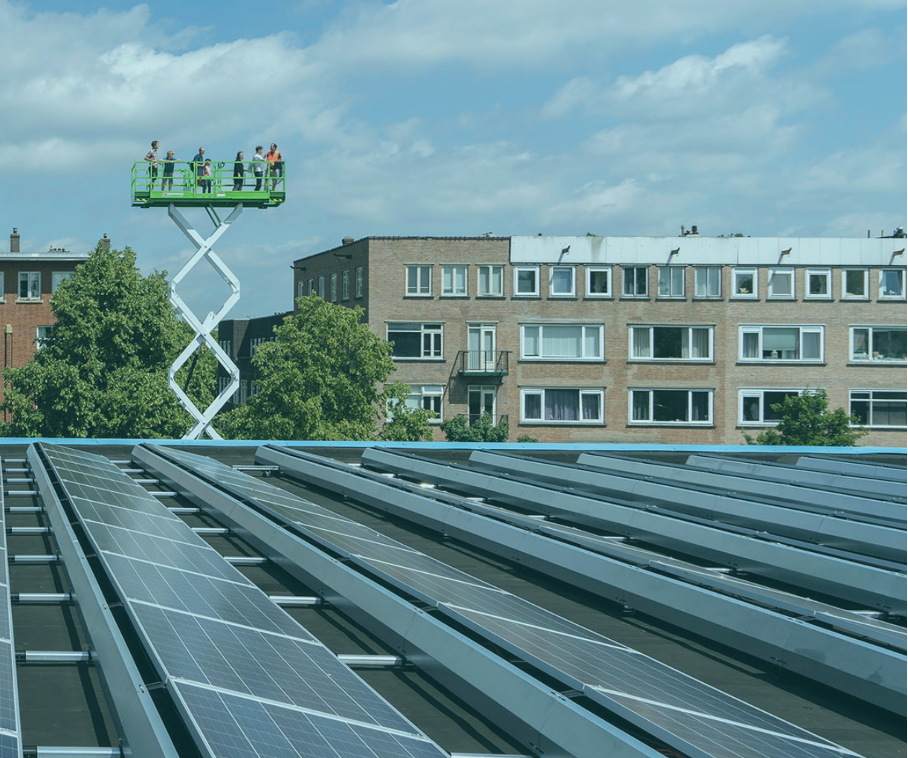
Larger scale, bigger ambitions
‘Blijstroom’ (happy electricity) is now part of ‘Energie van Rotterdam’ (the energy of Rotterdam). In the first few years, together with the other cooperatives, they focus on developing 90 cooperative solar roofs in the city. Each district will have its own solar roof. They should be ready by 2025.
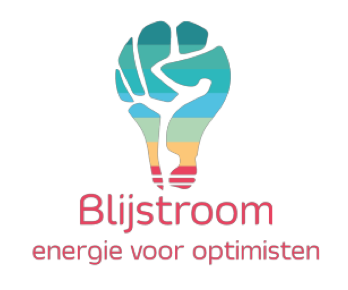
Finance: participant’s money and available grants
‘Blijstroom’ uses the Cooperative Energy Generation Subsidy Scheme (SCE), also known as the “postal code rose scheme”.
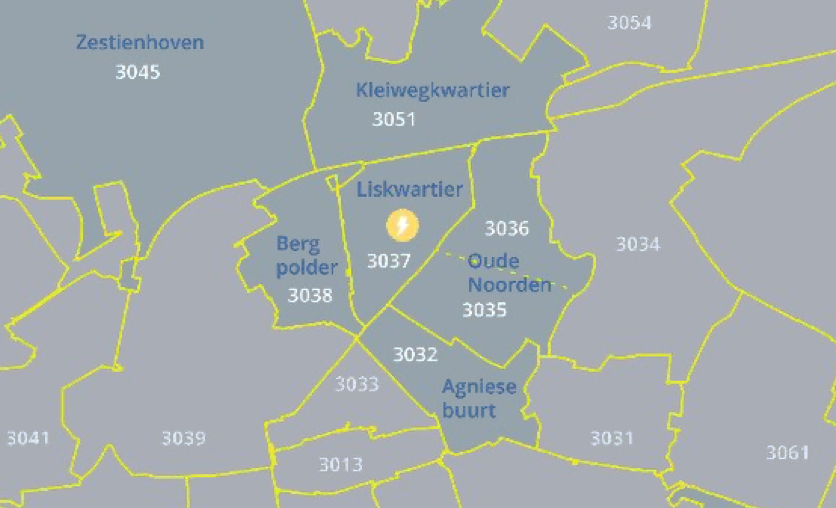
The most important is that per project a minimum number of participating members:
• must live or be established in the same area (the ‘postal code rose’)
• and receive power via a small-scale consumption connection.
More sustainable opportunities
‘Blijstroom’ also generates investments from people who want to invest in sustainability, but for example cannot put panels on their own roof. They can invest in roof panels in their neighbourhood. The minimum is 200 Euros, the maximum is 20.000 euros. Moneywise, the investors get 2,5 % interest on their loan and after 15 years they get the initial sum of money back. Of course, the real profit is in the improvement of the neighborhood. In the future, it no longer has to rely on polluting fossil fuels, which will create a healthy and resilient community!
